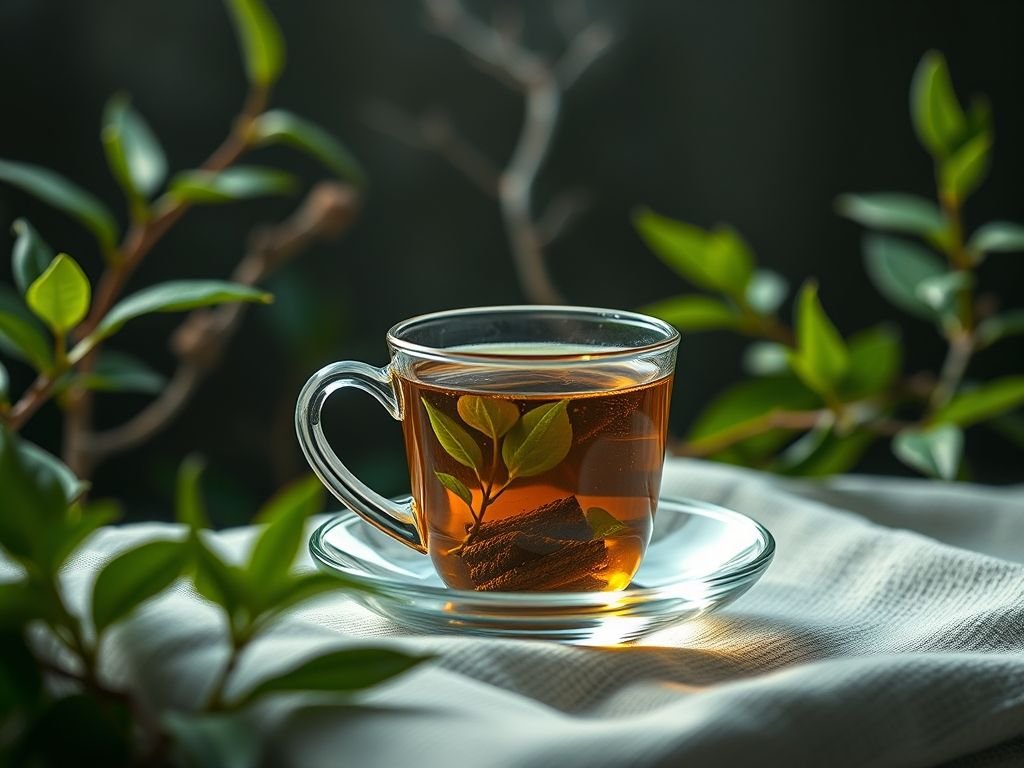Understanding Tea for Sleep
Tea for sleep refers to herbal teas specifically formulated to promote relaxation and enhance sleep quality. These teas typically contain natural ingredients known for their calming properties, such as chamomile, valerian root, and lavender. The soothing nature of these teas can help reduce anxiety, lower stress levels, and prepare the body for restful sleep.
The Importance of Sleep
Sleep is a fundamental aspect of human health, affecting everything from mood to cognitive function. Insufficient sleep can lead to a variety of health issues, including obesity, heart disease, and diabetes. For adults between the ages of 25 to 50, maintaining healthy sleep patterns is crucial for overall well-being. Incorporating tea for sleep into your evening routine can be a simple yet effective way to enhance sleep quality and improve health.
Key Ingredients in Sleep Teas
Understanding the ingredients in tea for sleep can help you choose the right blend for your needs. Here are some commonly used herbs and their benefits:
- Chamomile: Known for its mild sedative effects, chamomile helps promote relaxation and can aid in falling asleep faster.
- Valerian Root: This herb is often used to treat insomnia and anxiety, making it a popular choice for sleep teas.
- Lavender: The calming aroma of lavender has been shown to reduce anxiety and improve sleep quality.
- Passionflower: This herb is known to help with insomnia and anxiety, making it a great addition to sleep blends.
How to Choose the Right Tea for Sleep
When selecting a tea for sleep, consider the following factors:
- Personal Preference: Choose a flavor profile that appeals to you, whether it's floral, fruity, or herbal.
- Ingredients: Look for teas with a combination of calming herbs that suit your specific needs.
- Form: Decide between loose leaf, tea bags, or pre-made blends based on convenience and brewing preference.
Practical Applications of Tea for Sleep
Incorporating tea for sleep into your nightly routine can significantly enhance your sleep experience. Here are some practical ways to do this:
- Establish a Nightly Ritual: Dedicate time each evening to enjoy a cup of sleep tea. This ritual can signal your body that it's time to wind down.
- Aromatherapy: Consider using essential oils alongside your tea. For example, diffusing lavender oil while sipping chamomile tea can amplify relaxation.
- Pair with Relaxation Techniques: Drink tea while engaging in calming activities like reading, meditating, or journaling.
Understanding tea for sleep also involves recognizing related concepts within the realm of natural health:
- Herbal Medicine: The use of plants for medicinal purposes, including various herbal teas.
- Mindfulness: Practicing mindfulness can enhance the effectiveness of sleep teas by reducing anxiety and promoting relaxation.
- Sleep Hygiene: Refers to practices that promote consistent, uninterrupted sleep. Using sleep teas can be part of a broader sleep hygiene strategy.
Conclusion: Embracing Tea for Sleep
Incorporating tea for sleep into your daily routine can provide numerous benefits, from enhancing relaxation to improving sleep quality. By understanding the ingredients, selecting the right blends, and establishing a calming nightly ritual, you can transform your sleep experience. Remember, the journey to better sleep is not just about the tea but also about creating a holistic approach to your nighttime routine.
Reflect on Your Sleep Routine: Take a moment to consider how you can integrate tea for sleep into your evening ritual. What changes can you make to enhance your relaxation and prepare your body for a restful night?

